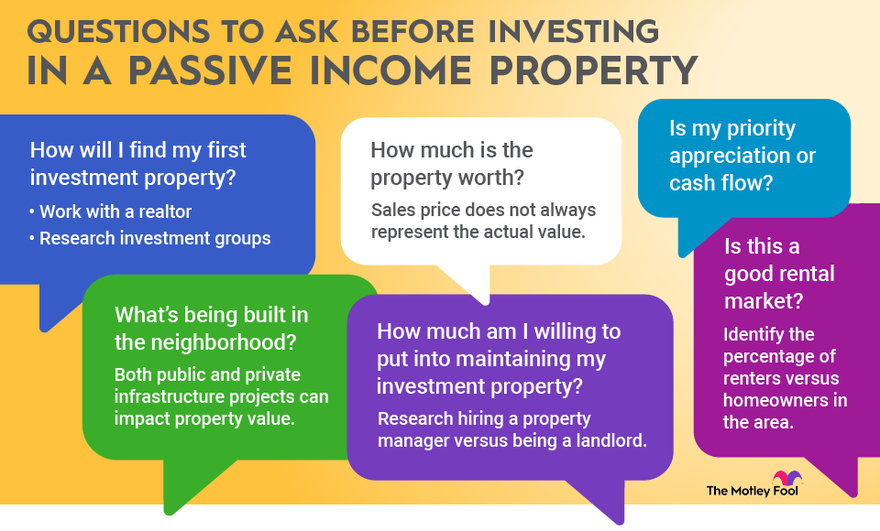Unlocking the Power of Real Estate: Your Path to Passive Income

Investing in real estate can be an incredible way to generate passive income and build wealth over time. But for many, it may seem daunting, especially for those just starting out. Don’t worry – we’re here to guide you every step of the way. We’ll break down the ins and outs of real estate investing, provide you with actionable tips, and help you avoid common pitfalls.
Why Real Estate?
So, why real estate? The answer is simple: real estate has consistently proven itself to be one of the most stable and lucrative investment options available. By investing in real estate, you can:
- Generate passive income through rental properties or real estate investment trusts (REITs)
- Build wealth through appreciation and long-term growth
- Diversify your investment portfolio with a tangible asset
- Take advantage of tax benefits, like mortgage interest and property tax deductions
Getting Started
Before you dive in, it’s essential to understand the different types of real estate investments available. Here are a few options to consider:
- Rental Properties: This is perhaps the most traditional form of real estate investing. By purchasing a rental property, you can generate passive income through rental income. You can also hire a property management company to handle day-to-day tasks, making it relatively hands-off.
- Real Estate Investment Trusts (REITs): REITs are companies that own and operate income-generating properties, like apartment buildings, office spaces, or shopping centers. By investing in REITs, you can gain exposure to a diverse portfolio of properties without directly managing them.
- Real Estate Crowdfunding: Real estate crowdfunding platforms allow individuals to pool their money to invest in large projects or properties. This option is excellent for those who want to get started with a smaller investment.
Building Your Investment Strategy
Now that you understand the different types of real estate investments, it’s time to develop your strategy. Here are a few tips to keep in mind:
- Define Your Goals: What do you want to achieve through real estate investing? Are you looking for short-term profits or long-term growth? Understanding your goals will help you make informed decisions.
- Assess Your Risk Tolerance: Real estate investing carries risks, such as market fluctuations and tenant vacancies. Make sure you understand these risks and invest accordingly.
- Diversify Your Portfolio: Spread your investments across different asset classes, like stocks, bonds, and real estate. This will help you mitigate risk and maximize returns.
- Conduct Due Diligence: Before investing in a property or project, research the market, property condition, and potential for growth.
Overcoming Common Obstacles
We’ve all been there – feeling stuck and unsure of how to move forward. Don’t worry; we’ve got you covered. Here are a few common obstacles and how to overcome them:
- Limited Capital: You don’t need a fortune to get started. Consider partnering with others, using real estate crowdfunding platforms, or exploring lease-option agreements.
- Lack of Experience: Don’t be afraid to ask for help. Work with a reputable real estate agent, property manager, or investment advisor to guide you through the process.





